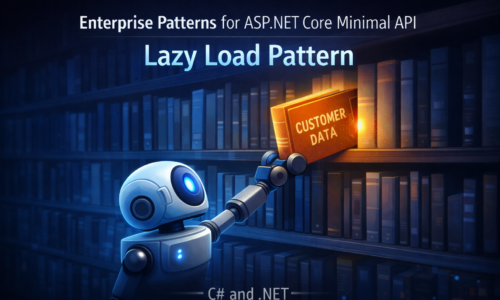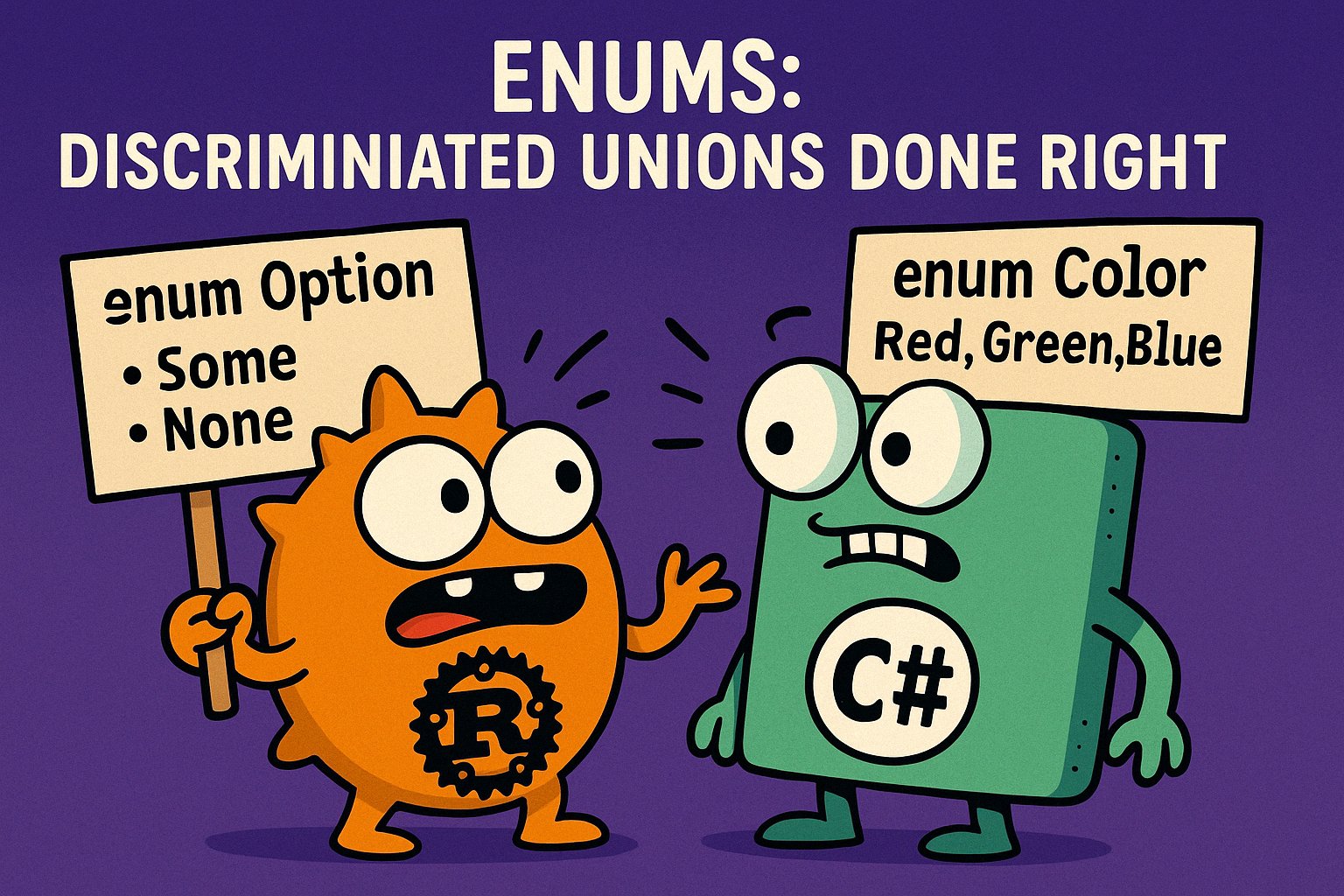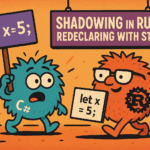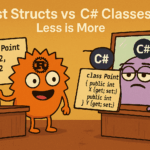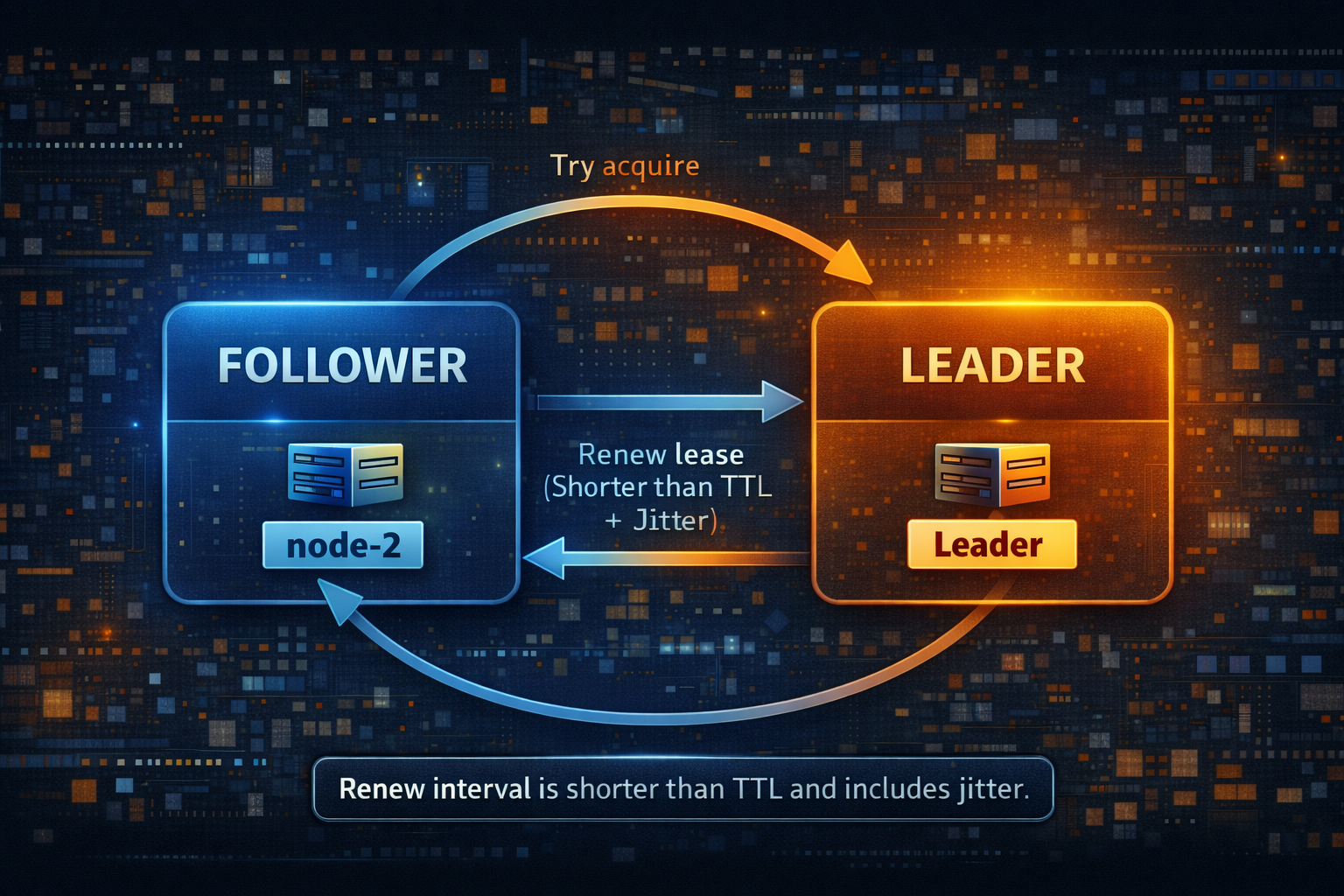
Week 2: Reflections on Ownership Week: My Brain Hurts (in a Good Way)
- Chris Woodruff
- April 24, 2025
- Rust
- .NET, C#, dotnet, programming, rust
- 0 Comments
It’s official—week two of learning Rust has wrapped, and I’ve survived. Mostly. This week was all about ownership, borrowing, and wrestling with Rust’s strict rules. And boy, did my C# brain get a workout! It hurts, but honestly, it’s the good kind of pain—the one you feel after finally nailing that tough workout or solving an especially nasty bug.
The Ownership Rollercoaster
Rust’s ownership model initially felt like an overly protective parent. “You can’t touch this memory—it’s mine!” the compiler screamed at me repeatedly. Coming from the garbage-collected, runtime-managed world of .NET, where memory is mostly an afterthought, Rust’s rules felt restrictive. But soon enough, the genius behind this strictness clicked: it’s all about avoiding those pesky runtime issues and achieving fearless concurrency.
Here’s a quick recap of what ownership looks like in Rust:
- Each value has a single owner.
- When the owner goes out of scope, the value gets dropped.
- Ownership can be moved, but never shared implicitly.
fn main() {
let s1 = String::from("hello");
let s2 = s1; // Ownership moves to s2
// println!("{}", s1); // Compiler error: s1 is no longer valid!
println!("{}", s2); // Works fine
}
This might look alien to seasoned C# devs, but Rust ensures that memory safety is maintained at compile-time—no dangling pointers or double-frees here!
Borrowing, the Friendlier Cousin
Borrowing quickly became my best buddy. With borrowing, you can use a value without taking ownership, letting multiple parts of your code “share” data safely.
Here’s borrowing in action:
fn calculate_length(s: &String) -> usize {
s.len() // Borrows the String without taking ownership
}
fn main() {
let my_string = String::from("Hello, Rust!");
let length = calculate_length(&my_string);
println!("Length: {}", length); // my_string is still valid!
}
This is a game-changer from a .NET perspective because it removes a lot of runtime overhead and safety checks, making your code faster and safer.
Rust vs. .NET Mindset
Reflecting on this week, the biggest revelation was how Rust reshapes the way you think about code. In .NET, memory management and ownership are handled by the garbage collector. This frees you up but at the cost of performance overhead and potential runtime surprises (hello, NullReferenceException!).
Rust flips the script by pushing these concerns upfront—right at compile-time. It’s stricter and demands more from you initially, but the payoff is enormous:
- Predictable and performant code: You can trust your program’s behavior in production.
- Safety by default: Memory errors become almost impossible to create inadvertently.
- Concurrency confidence: Rust lets you write concurrent code without constantly worrying about race conditions.
The Brain Stretch Was Worth It
Initially, ownership and borrowing made my head spin. But wrestling with these concepts has deepened my understanding of memory, performance, and safety in ways .NET never forced me to explore. My C# habits had to adapt, and that’s a good thing.
So, yes, my brain hurts—but it’s a satisfying ache. It’s the sensation of genuinely learning something transformative. And I’m eager to keep this momentum going.
Next week, we’re diving into structs, enums, and pattern matching—another powerful set of Rust features ready to reshape my coding style yet again. Stay tuned, it’s going to be another wild ride!
